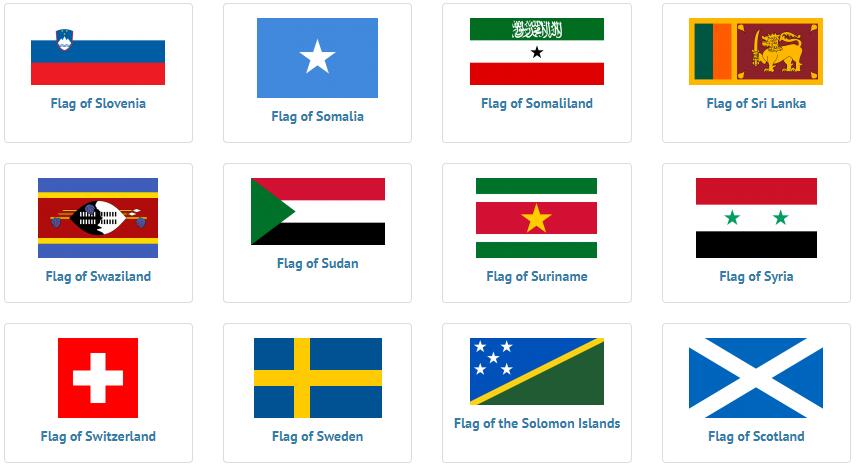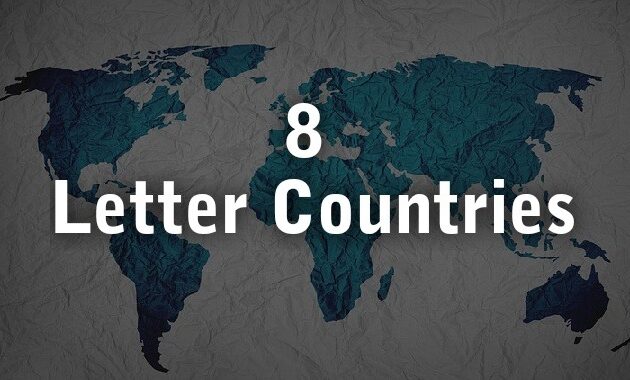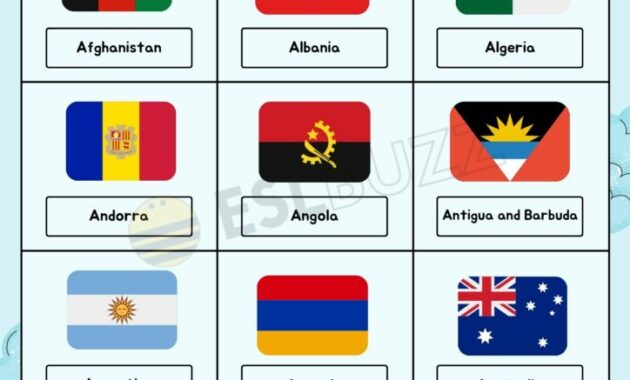Hey everyone, been doing some digging lately and stumbled upon some interesting information regarding NATO and its relationships with various countries. It got me thinking about some common misconceptions and broader geopolitical dynamics. Let’s dive in!
Is Mexico Part of NATO?

This question pops up more often than you might think. The short answer is no, Mexico is not a member of NATO. NATO, the North Atlantic Treaty Organization, is a military alliance established in 1949 by the North Atlantic Treaty for purposes of collective defense. Its core principle, enshrined in Article 5 of the treaty, is that an attack on one member is considered an attack on all. This creates a powerful deterrent against potential aggression.
So, why the confusion? Well, perhaps it stems from the fact that Mexico is a close partner of the United States, a founding member of NATO. The US and Mexico share a vast border, extensive trade relationships, and collaborate on various security issues, including counter-narcotics efforts and border control. However, partnership doesn’t equate to membership. NATO’s membership is largely confined to countries in North America and Europe, reflecting its historical focus on the Atlantic region and the Cold War era. There’s a geographical element at play, although the expansion to include countries like Turkey demonstrates that geography isn’t the *only* determining factor.
Furthermore, NATO’s criteria for membership are quite specific. Prospective members must demonstrate a commitment to democracy, rule of law, and human rights. They must also be able to contribute militarily to the alliance’s collective defense and be willing to resolve disputes peacefully. While Mexico generally aligns with these values, its foreign policy priorities and security concerns differ from those of NATO members. Mexico has traditionally maintained a non-interventionist stance in international affairs, focusing on regional diplomacy and economic development. Becoming a full member of NATO would require a significant shift in its foreign policy orientation and potentially involve it in conflicts outside its immediate sphere of interest.
Instead of formal membership, Mexico engages with NATO through various partnership programs. These programs facilitate cooperation on specific issues, such as counter-terrorism, cybersecurity, and disaster relief. This allows Mexico to benefit from NATO’s expertise and resources without the obligations and commitments of full membership. It’s a pragmatic approach that allows Mexico to maintain its independent foreign policy while still collaborating with NATO on areas of mutual concern.
Ultimately, Mexico’s relationship with NATO is one of cooperation and partnership, not membership. This arrangement reflects Mexico’s unique geopolitical position and its foreign policy priorities. While the idea of Mexico joining NATO might be intriguing to some, it’s not currently on the table, and there are significant reasons why it’s unlikely to happen in the foreseeable future. The current framework of partnership allows both Mexico and NATO to benefit from their relationship without the complexities and commitments of formal membership.
Trump Isn’t Always Wrong on Foreign Policy
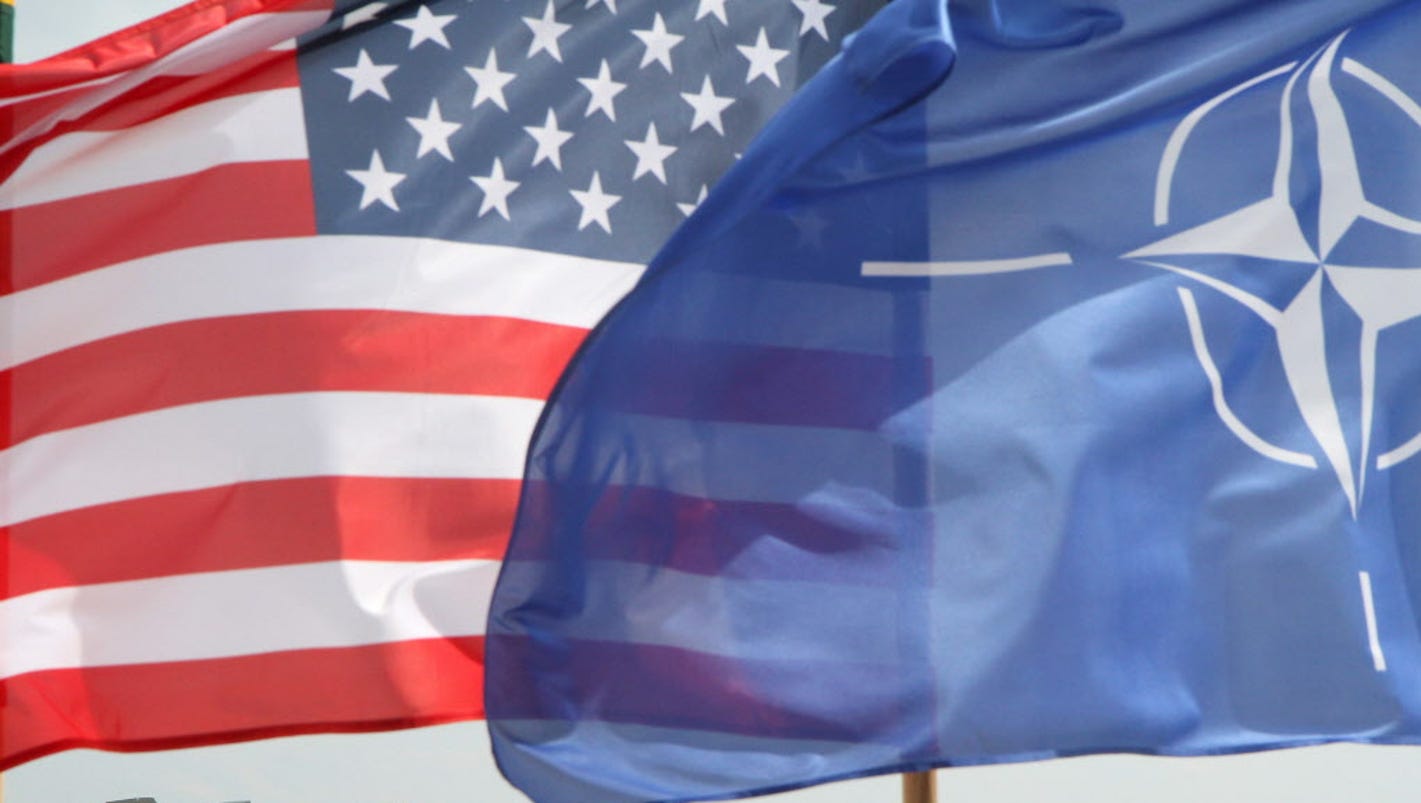
Now, let’s shift gears and address a somewhat controversial topic: Donald Trump’s views on NATO. It’s fair to say that his rhetoric regarding the alliance was often critical, and at times, seemingly dismissive. He repeatedly questioned the fairness of burden-sharing, arguing that European members were not contributing their fair share to the alliance’s defense spending. He even suggested that the US might not automatically defend NATO allies who were not meeting their financial obligations.
These statements caused considerable consternation among NATO allies and sparked debate about the future of the alliance. Critics argued that Trump’s comments undermined NATO’s credibility and emboldened potential adversaries. However, it’s important to acknowledge that Trump’s concerns about burden-sharing were not entirely unfounded. For years, the US has borne a disproportionately large share of NATO’s defense spending, while many European members have consistently failed to meet the alliance’s target of spending 2% of their GDP on defense.
While the *manner* in which Trump raised these concerns was often controversial, the underlying issue was legitimate. The imbalance in burden-sharing had been a source of tension within NATO for many years, and Trump’s blunt approach, however unorthodox, forced the issue into the spotlight. It prompted some European members to increase their defense spending, albeit gradually. Whether this was a direct result of Trump’s pressure or a consequence of other factors, such as growing concerns about Russian aggression, is a matter of debate. However, it’s undeniable that the issue of burden-sharing gained greater prominence during his presidency.
Furthermore, Trump’s focus on NATO’s relevance in the 21st century also raised some important questions. The alliance was founded during the Cold War to deter Soviet aggression. While Russia remains a significant security challenge, the world has changed dramatically since then. New threats have emerged, such as terrorism, cyber warfare, and climate change. Trump’s calls for NATO to adapt to these new challenges, while often couched in provocative language, highlighted the need for the alliance to evolve and remain relevant in a rapidly changing global landscape.
Of course, Trump’s approach to foreign policy was often inconsistent and unpredictable. His criticisms of NATO were sometimes accompanied by praise for authoritarian leaders, which raised concerns about his commitment to democratic values and the transatlantic alliance. However, it’s crucial to avoid simplistic narratives and acknowledge that even controversial figures can sometimes raise valid points. In the case of NATO, Trump’s focus on burden-sharing and the alliance’s adaptation to new threats, while often expressed in a divisive manner, did contribute to a broader discussion about the future of transatlantic security cooperation. He wasn’t “always wrong.”
In conclusion, understanding the complexities of NATO’s relationships with countries like Mexico and the nuances of debates surrounding the alliance’s purpose and funding is essential for informed engagement with international affairs. While headlines often focus on conflict and disagreement, a deeper dive reveals layers of cooperation, adaptation, and ongoing dialogue that shape the ever-evolving landscape of global security.
If you are looking for NATO to deploy missiles to Turkey-Syria border – The Washington Post you’ve visit to the right web. We have 5 Images about NATO to deploy missiles to Turkey-Syria border – The Washington Post like NATO to deploy missiles to Turkey-Syria border – The Washington Post, Trump isn't always wrong on foreign policy: Column and also NATO to deploy missiles to Turkey-Syria border – The Washington Post. Read more:
NATO To Deploy Missiles To Turkey-Syria Border – The Washington Post

www.washingtonpost.com
nato turkey syria border missile not
Is Mexico Part Of NATO? (Explained)
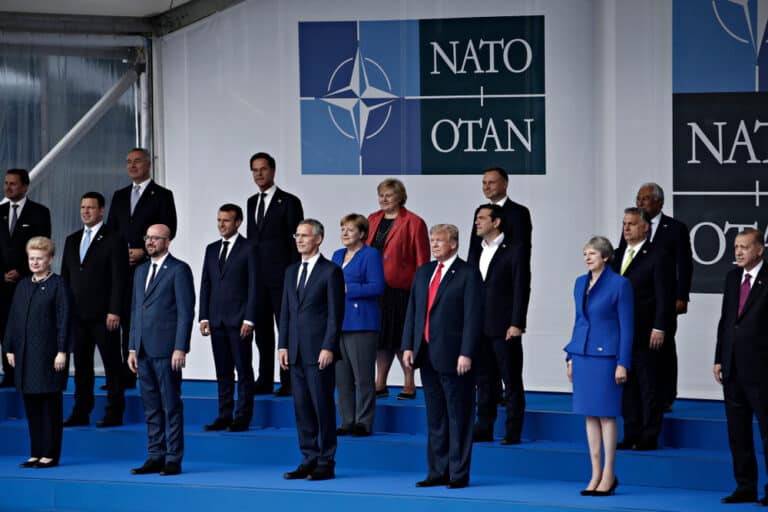
www.thecoldwire.com
Is Mexico Part Of NATO? (Explained)

www.thecoldwire.com
Trump Isn't Always Wrong On Foreign Policy: Column

www.usatoday.com
Is Mexico Part Of NATO? (Explained)

www.thecoldwire.com
Trump isn't always wrong on foreign policy: column. Is mexico part of nato? (explained). Is mexico part of nato? (explained)

